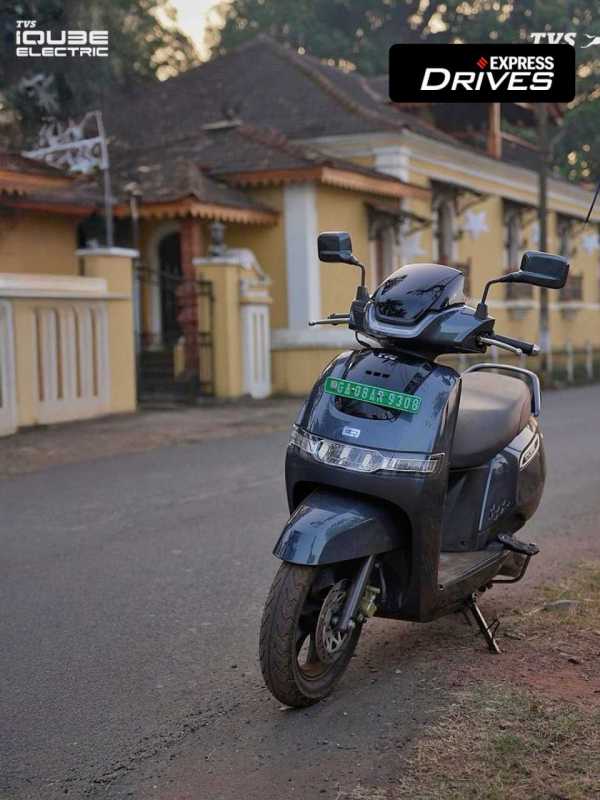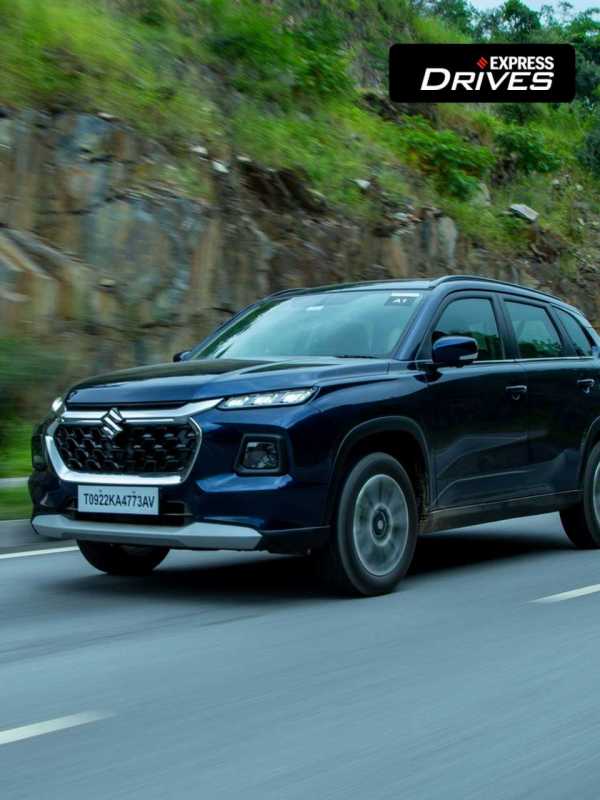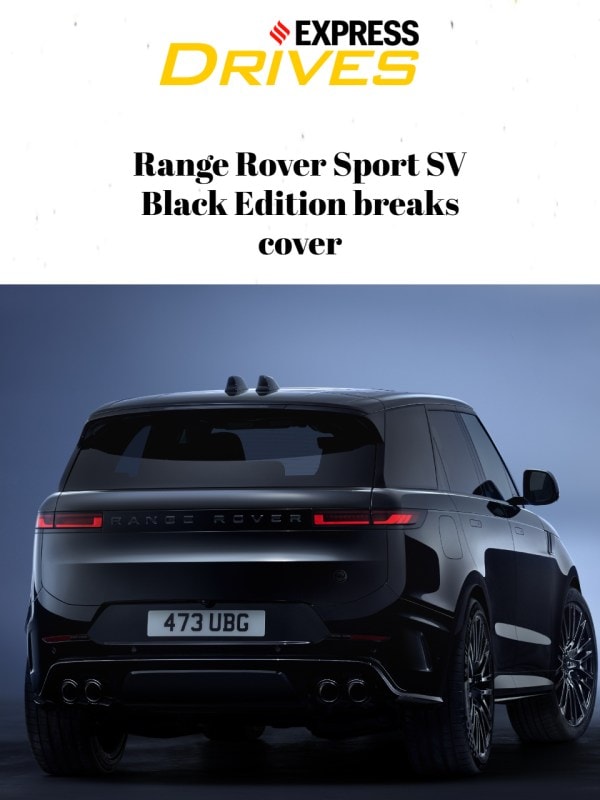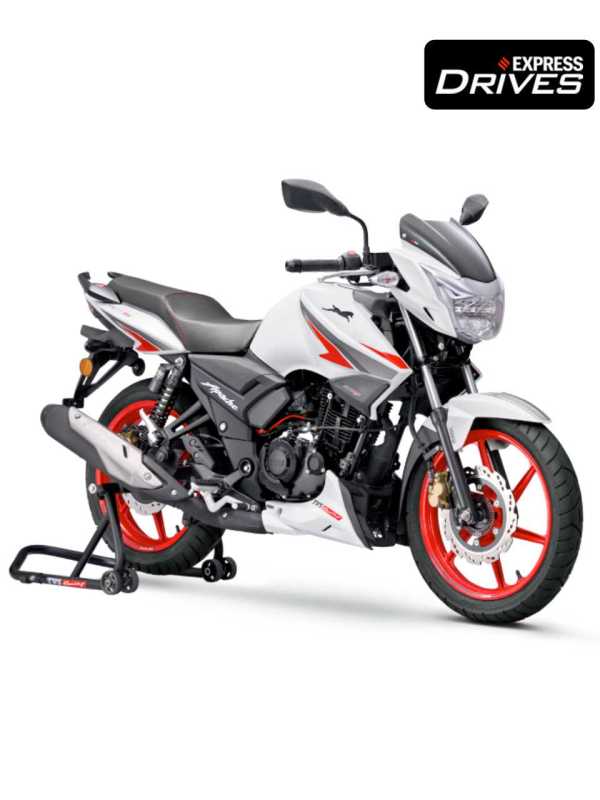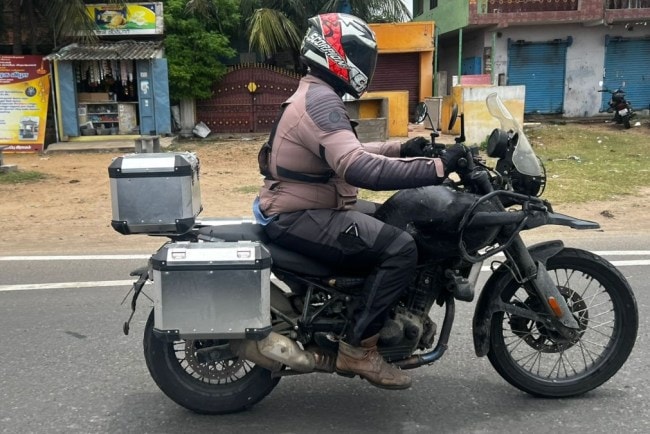By Venkatesh Raman Prasad
The long-standing issue of transport authorities not granting contract carriage permits to motorcycles is a case of misconstrued interpretation of the definition of ‘contract carriage’ by some transport authorities as opposed to a gap in the legislation. To resolve this issue, the Ministry of Road Transport and Highways (MoRTH) recently issued an advisory clarifying to all transport authorities of the relevant states and union territories that ‘motorcycles’ would fall within the ambit of the definition of ‘contract carriage’ under the Motor Vehicles Act, 1988 (MV Act). Considering that aggregators and taxi operators have faced difficulties in their two-wheelers being granted a contract carriage permit under the MV Act, this advisory has also drawn significant attention from aggregators who are keen to operate two-wheelers as bike taxis in various states.
As part of its advisory MoRTH has advised all states and union territories to process applications for granting contract carriage permits to motorcycles as per the provisions of the MV Act and rules framed under the MV Act. The advisory has been issued to address the position being adopted by several states that motorcycles cannot ply under contract carriage or cannot be considered as a ‘transport vehicle’. The advisory is undeniably a positive step to provide clarity on the concerns relating to the status of bike taxis or two-wheelers being used as contract carriages.
In terms of the MV Act, ‘motorcycles’ are two-wheeled motor vehicles, inclusive of any detachable side-car having an extra wheel attached to the motor vehicle. Further the MV Act, under Section 2(7), defines ‘contract carriage’ to include a motor vehicle, and also provides for the definition of ‘motor vehicle’ which includes motor vehicles having less than four wheels with an engine capacity of more than 25 cubic centimetres (cc).
The joint reading of the aforesaid definitions of ‘motor vehicles’ and ‘contract carriage’ makes it clear that all types of vehicles that fall within the definition of ‘motor vehicles’ would be eligible for a contract carriage permit from the relevant transport authorities. Therefore, most two-wheelers that are operated in India i.e., two-wheelers having engine capacity higher than 25cc, would fall within the definition of motor vehicles and resultantly would be considered contract carriage.
MoRTH, in its advisory, has cited and reiterated these definitions of contract carriage and motor vehicle, while clarifying that motorcycles fall within the definition of motor vehicles, and consequently motorcycles can be considered as contract carriage.
Accordingly, as such, amendments are not warranted to the MV Act in light of the advisory, and MoRTH, in this case, has rightfully issued an advisory or clarification making it clear to the respective state governments and union territories that the correct interpretation of the definitions of ‘contract carriage’ and ‘motor vehicles’ would mean that motorcycles having engine capacity higher than 25cc can be issued a permit of contract carriage and that there should be no delay in issuing motorcycles with permits for contract carriage.
While this advisory may lead to the grant of contract carriage permits to two-wheelers, with such two-wheelers being considered transport vehicles, a note of caution may be sounded for aggregators. The fact remains that under Section 93 of the MV Act, the state governments have the power to prescribe conditions for grant of license to operate as aggregators. For instance, the Governments of Delhi and the Government of Karnataka have mandated that only electric two-wheelers will be permitted to operate as part of the aggregator’s fleet. Therefore, to enable bike taxis to operate as part of an aggregator’s fleet, the respective state governments will have to stipulate in their conditions for the grant of an aggregator licence that two-wheelers can be a part of the aggregator’s fleet.
The MoRTH advisory can therefore be viewed only as a clarification that states the correct interpretation of the MV Act is that two-wheelers with engine capacity higher than 25cc can be granted permits for contract carriage. This advisory does not propose a change in the present position of law, which is why no amendment is necessary. However, for the aggregators, even after the issuance of this advisory by MoRTH, their operation will be governed by Section 93 of the MV Act which empowers state governments to impose conditions for grant of licenses to aggregators. Resultantly, all aggregators will have to continue complying with the conditions prescribed by the relevant state governments from time to time to operate their fleet. Therefore, it would be advisable for the aggregators to engage with the relevant state governments to bring about a clarity on the legal position for operation of bike taxis as contract carriage as part of their fleet.
The author is Partner, JSA Advocates & Solicitors
Disclaimer: The views and opinions expressed in this article are solely those of the original author. These views and opinions do not represent those of The Indian Express Group or its employees.







